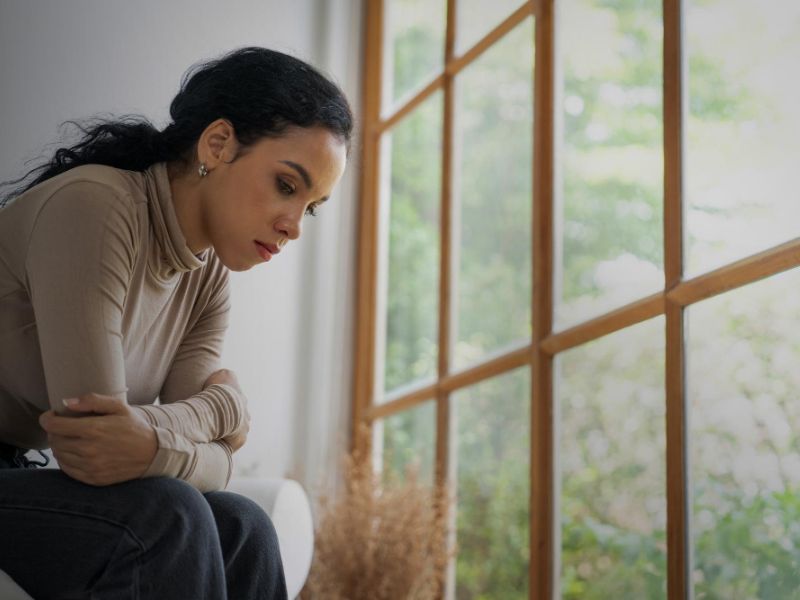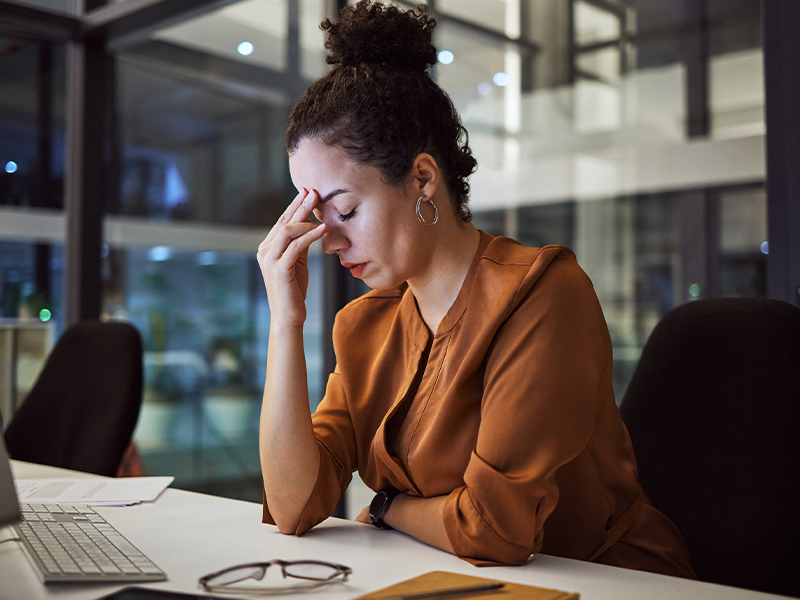
Article provided by Kristina A. Butler, M.D., gynecologist at Mayo Clinic
Performance under pressure is something we are all measured against at work.
Yet, there are some days when our bodies or minds are not up for the challenge. Most workplaces understand that mental and physical health are a priority, however the stigma still attached to certain conditions may prevent women from speaking up about their health.
For many women, experiencing painful bloating and cramping during their period is simply a fact of life. However, persistent and extreme cases of pain could mean something more than regular menstrual cramps. Some women experience symptoms of endometriosis for up to 10 years before they are diagnosed and prescribed the appropriate treatment. This does not have to be the case; treatment is readily available to offer improvement, and it may even reduce your cancer risk.
Endometriosis is a disorder in which extra tissue, similar to the tissue that lines the inside of the uterus, grows outside it. Pain is one of the most challenging symptoms of endometriosis. It’s common, sometimes severe, and can hinder women from getting around in daily life and from performing at their best. Symptoms can develop several years after the onset of menstruation. Common signs to look out for include:
- Painful periods, pelvic pain and cramping that may begin before and extend several days into a menstrual It can include lower back and abdominal pain as well as pain experienced during intercourse.
- Excessive bleeding and occasional heavy menstrual periods or bleeding between periods (intermenstrual bleeding).
- Pain experienced when passing bowel movements, as well as bouts of diarrhoea or constipation.
- Bloating and nausea, especially during menstrual periods.
- Fatigue: lack of energy and feeling tired
Although the exact cause of endometriosis is not certain, a possible explanation includes retrograde menstruation (when a period flows back towards the body). Several factors raise the risk of developing endometriosis, such as never having given birth, starting periods at an early age or going through menopause at an older age, heavy menstrual periods that last longer than seven days, higher levels of oestrogen, a low body mass index, and a relative with endometriosis.
Regardless of how endometriosis begins, awareness and early diagnosis are important. Endometriosis impairs fertility and is associated with ovarian cancer. Although there is currently no cure, medical treatments include hormonal therapy, such as birth control pills or surgery to remove endometrial growths. Birth control pills have the added advantage of also reducing the risk of three cancers: ovarian cancer, uterine cancer, and colon cancer.
Lifestyle changes can help manage the condition. Treat your body well by getting regular sleep, eating a nutritious diet and exercising regularly. Obesity increases oestrogen levels in the body, which can worsen estrogen driven disorders, so start going on regular walks, runs or sign up at your local gym. When pain management makes normal movement difficult heat therapy can help by boosting blood flow and helping muscles relax. Soaking in a warm bathtub or applying a hot pack or heating pad to the pelvic area can help relieve pain.
Endometriosis pain is frequently associated with depression and stress. Avoiding triggers for these in daily life can be difficult, however, practicing stress management techniques is recommended to improve mental health and ease pain. If pain is affecting your mental health or if you feel like you’re struggling, seek support. Talking with your physician, speaking to a therapist or joining a support group may help.
About the author
Kristina A. Butler, M.D., is a gynecologist and gynecologic oncologist at Mayo Clinic in Rochester, Minnesota. She is active in research and education, providing mentorship to surgical trainees. Dr. Kristina’s research interests include malignant and benign female conditions; cervical and ovarian cancer, endometriosis and all gynecologic malignancies.








